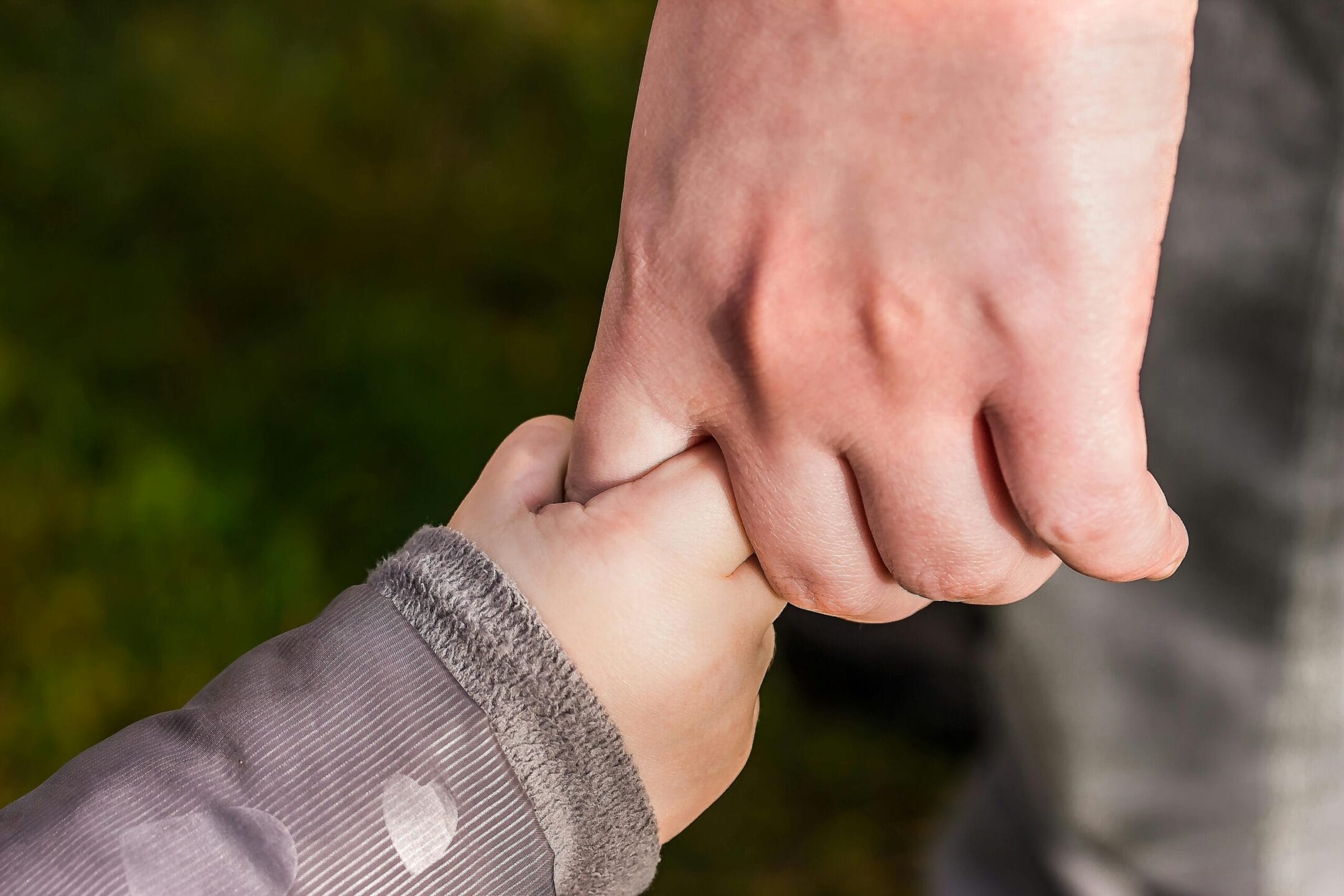Completely Attached
Lindsey Zarob, Content Manager, Central Ministries | March 7, 2024

If you keep my commands, you will remain in my love, just as I have kept my Father’s commands and remain in his love. I have told you this so that my joy may be in you and that your joy may be complete. My command is this: Love each other as I have loved you. Greater love has no one than this: to lay down one’s life for one’s friends. You are my friends if you do what I command. I no longer call you servants, because a servant does not know his master’s business. Instead, I have called you friends, for everything that I learned from my Father I have made known to you.
John 15:10-15
When my kids were babies, I had heard about attachment parenting, but it didn’t really resonate with me. I was eyeballs deep in all things newborns, infants and toddlers—especially with three under three-and-a-half—and the idea of being physically attached to my kids all the time just wasn’t appealing to me (I have friends for whom this was a great style for—to each their own!) Fast forward to now, as I watch them grow into the humans they are, I’ve learned a little more about secure attachment (different from attachment parenting) and how our attachments in childhood impact us in adulthood.
When our parents (or us as parents) create an environment conducive to secure attachment, just 50% of the time, children are more likely to grow into adults with secure attachments. When this isn’t true of a child’s experience, they’re more likely to have insecure attachments. This means, for example, that when they become adults and enter into an intimate relationship like marriage, if things around them feel chaotic or stressful, they may respond in ways indicative of an insecure attachment. This varies depending on your type of insecure attachment but can range from getting big and yelling to withdrawing and stuffing all the feelings and thoughts. A secure attachment experience as a child helps that little one grow into a more secure adult and equips them to bring that to their relationships.
Earlier in John 15, before today’s Scripture passage, Jesus tells His disciples that He is the true vine and we are the branches. If we remain in Him, He remains in us, and we will bear fruit. He uses the image of the vine and the branches to help us see our need to be attached to Him. There is no other security like that of God.
According to the Bible Project, “Biblical joy is more than a happy feeling. It’s a lasting emotion that comes from the choice to trust that God will fulfill his promises.”
When we are attached to God there is a security that compels us to trust Him. From this place, joy becomes an undergirding force as we navigate the ins and outs, the good and the bad, the beautiful and the ugly of life. We have nothing to fear, and it is from this place of security we can love like Jesus.
Next Steps
No single person is or has a perfect human parent. Yet, because that is our most intimately known experience, we often assign the beautiful and not-so-beautiful characteristics of our human parents to God. Spend some time reflecting on your childhood. What positive and challenging things come to mind? Ask yourself, have I attributed some of my parents’ not-so-great qualities to God’s character? Journal what a perfect parent might look like to you, and share that with God today. You might find He is exactly that for you.
If you haven’t ever visited the Bible Project’s website and seen all their amazing content, check it out today by watching this video on joy.
